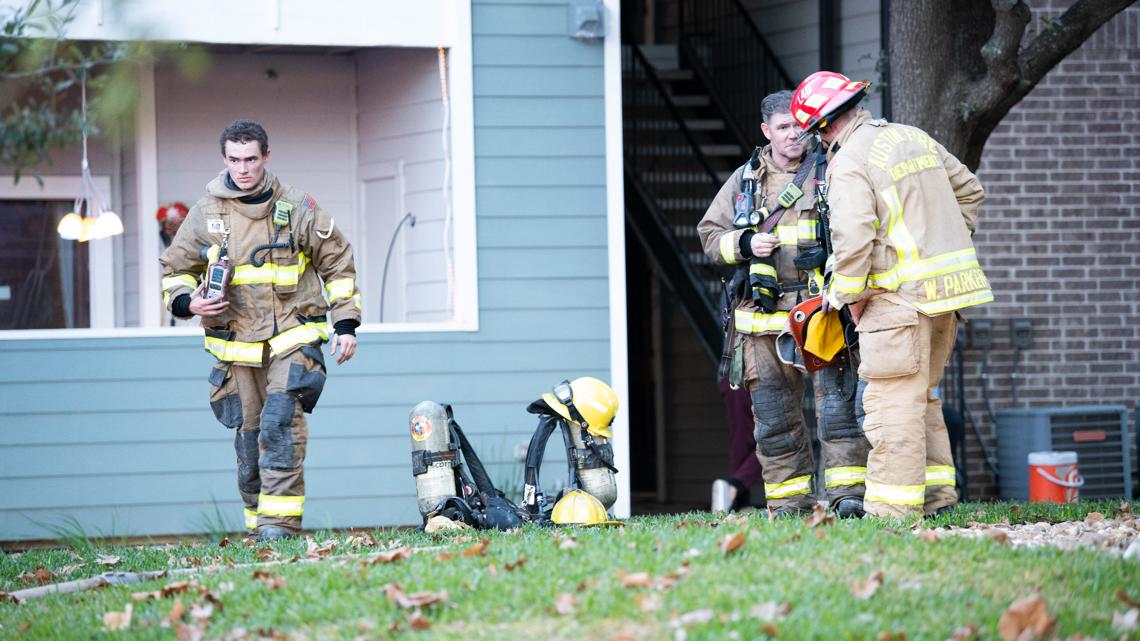
HB 1593 requires the Texas Commission on Fire Protection to assemble an advisory committee to study the need for suicide prevention and peer support programs.
AUSTIN, Texas — A new Texas law aims to address the growing crisis of first responder suicides by examining mental health support systems for firefighters across the state.
House Bill 1593, which took effect on Sept. 1, requires the Texas Commission on Fire Protection to assemble an advisory committee to study the need for suicide prevention and peer support programs in fire departments statewide.
The legislation comes as Texas grapples with an increasing number of firefighter suicides. Five Austin firefighters have died by suicide since 2017, according to Bob Nicks, president of the Austin Firefighters Association.
“We see tragic things, very tragic things. And it’s hard to put that to bed sometimes, and it does accumulate over time,” Nicks said.
Nationally, firefighter suicides are rising, according to research from the U.S. Fire Administration.
Cedar Park firefighter Jonathan Perez lost his close friend and colleague Corey Flores to suicide nearly a year ago. The two had worked together for seven years.
“He was one of the strongest people I’ve ever met,” Perez said. “When it happened, I just couldn’t wrap my head around it being him.”
Currently, Perez serves on Cedar Park Fire Department’s peer support team and hopes sharing his story will help reduce stigma around mental health in the fire service.
“You can tell some people are still under the stigma of it looks weak to reach out,” Perez said. “I really, really hope we can change that culture.”
Mike Wisko, agency chief at the Texas Commission on Fire Protection, said work is already underway to form the 11-member advisory committee. Members will include firefighters, mental health professionals, fire chiefs and representatives from the State Firefighters and Fire Marshals Association, which represents more than 30,000 volunteer firefighters across Texas.
“A lot of fire departments across the state already have programs in place,” Wisko said. “This committee will take a look at what’s already out there, what’s working, what’s not working, and how we build upon that.”
Both Cedar Park’s and Austin’s fire departments already have mental health counseling resources available for their firefighters.
Wisko acknowledged the cultural barriers firefighters face in seeking help.
“The world view of firefighters is we’re the macho heroes. We show up and take care of everything,” he said. “Absolutely true, but we’re still human beings and we’re impacted by the things we see and the things we do.”
The committee will examine firefighter needs for mental health training and peer support programs, then present recommendations to state lawmakers by September 2026.
